
Angela Lek, PhD, chief research officer of the Muscular Dystrophy Association, discusses the FDA approval of intrathecal onasemnogene abeparvovec (Itvisma; Novartis) and what it means for SMA treatment across older pediatric and adult populations.

Angela Lek, PhD, chief research officer of the Muscular Dystrophy Association, discusses the FDA approval of intrathecal onasemnogene abeparvovec (Itvisma; Novartis) and what it means for SMA treatment across older pediatric and adult populations.
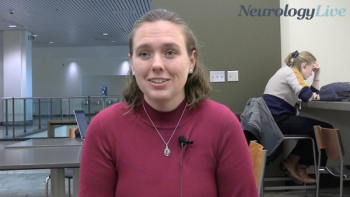
At NSGC 2025, the genetic counselor at Johns Hopkins Hospital discussed how cardiac genetics clinics are adopting alternative care models to increase access to genetic testing and counseling. [WATCH TIME: 3 minutes]
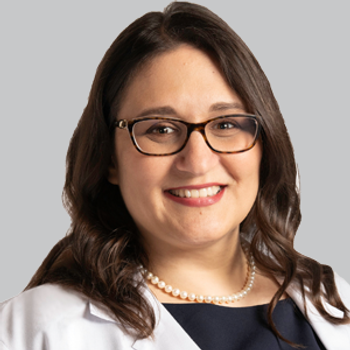
Elizabeth Gerard, MD, an epileptologist at Northwestern Medicine, provided clinical insights on a new consortium, GEAN, which aims to expand genetic testing and define adult phenotypes for rare genetic epilepsies across North America.

The director of the Banner Sun Health Research Institute discussed a variety of meaningful Alzheimer disease research presented at the 2024 Clinical Trials on Alzheimer's Disease Conference (CTAD).
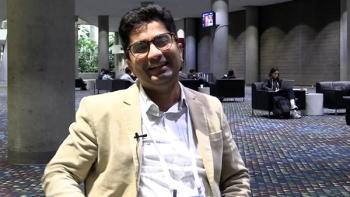
A neuroscientist associated with the Cleveland Clinic Epilepsy Center discussed the rapid expansion and excitement surrounding the continued integration of AI in the field of epilepsy care. [WATCH TIME: 5 minutes]

Andy Berkowski, MD, PhD, certified sleep neurologist and author of the RLS guidelines, spoke about the clinical impact of the recently published restless syndrome guidelines.

Walter Kernan, MD, senior research scientist at Yale University, discussed the latest primary stroke prevention guidelines and their focus on lifelong brain health and risk factor management.
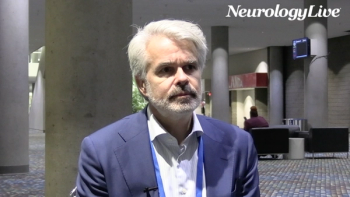
The senior vice president of clinical development for Lundbeck provided in-depth commentary on the mechanism of bexicaserin, and the promising early-stage data shown in those with developmental epileptic encephalopathies. [WATCH TIME: 4 minutes]
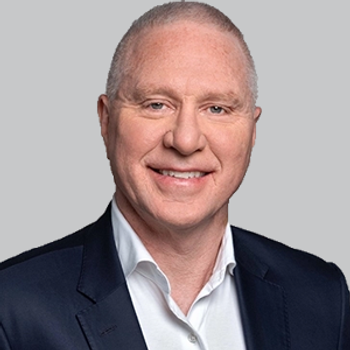
Christopher Kenney, MD, FAAN, chief medical officer at Xenon Pharmaceuticals, reviews encouraging long-term data behind azetukalner, a first-in-class Kv7 channel opener, as a potential treatment for focal onset seizures.

Neal K. Shah talked about how social robots could support emotional well-being in patients with neurologic conditions by reducing loneliness and promoting engagement in health-related activities.
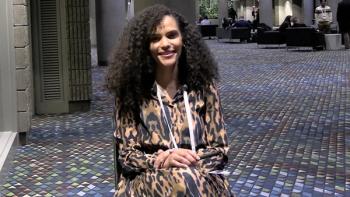
At AES 2025, a clinical neuropsychologist at the Cleveland Clinic Epilepsy Center discussed the growing challenges facing older adults with epilepsy and the need for more comprehensive, research-informed care strategies. [WATCH TIME: 4 minutes]
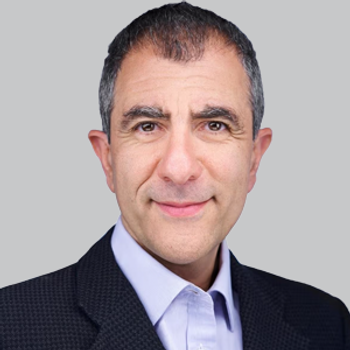
Sanofi's tolebrutinib fails to meet key trial endpoints for multiple sclerosis, delaying FDA review and raising questions about its future in treatment.
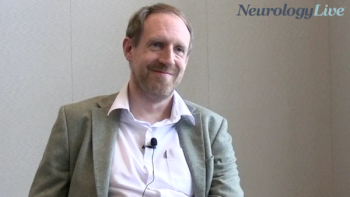
The professor of translational dementia research at Newcastle University talked about late-breaking data presented at CTAD 2025 on neflamapimod in the phase 2b RewinD-LB trial. [WATCH TIME: 5 minutes]

Here's some of what is coming soon to NeurologyLive® this week.
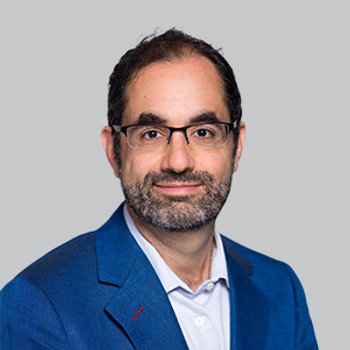
Andrea Rossetti, MD, director of the EEG/Epilepsy Unit at the Department of Clinical Neurosciences the Lausanne University Hospital in Switzerland, offers insight into post-resuscitation epilepsy care.

Test your neurology knowledge with NeurologyLive®'s weekly quiz series, featuring questions on a variety of clinical and historical neurology topics. This week's topic is on FcRn-blocking therapies in neurology!

Elizabeth Thiele, MD, PhD, director of the Pediatric Epilepsy Program at Massachusetts General Hospital, discusses new data on Epidiolex use in DEEs beyond Dravet, LGS, and TSC.
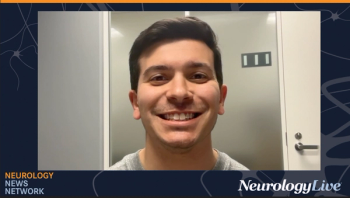
Neurology News Network for the week ending December 13, 2025. [WATCH TIME: 4 minutes]

Take 5 minutes to catch up on NeurologyLive®'s highlights from the week ending December 12, 2025.

New data from a phase 2b trial showed that elismetrep showed favorable efficacy and safety outcomes compared with placebo, supporting its continued development as a potential acute migraine therapy.

Inebilizumab is the first CD19-targeted B-cell therapy approved for antiAChR- or antiMuSK antibody–positive generalized myasthenia gravis, providing symptom control with twice-yearly dosing.
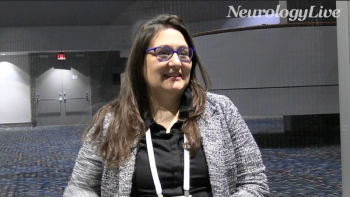
The director of the Adult Epilepsy Genetics Clinic at Northwestern University discussed short- and long-term goals for research, natural history development, and community engagement of the AES-sponsored GEAN Consortium. [WATCH TIME: 3 minutes]

Mind Moments®, a podcast from NeurologyLive®, brings you an exclusive interview with Sneha Mantri, MD, MS. [LISTEN TIME: 24 minutes]

The phase 3 study aims to confirm findings from the HEALEY ALS platform trial in patients with early-stage rapidly progressive ALS, which suggested potential benefits of pridopidine across multiple domains.

Michael Sperling, MD, Baldwin Keyes Professor of Neurology at Vice Chair for Research at the Sidney Kimmel Medical College, spoke about the significance of receiving the Founders Award and the current state of epilepsy.

Long-term treatment with z-rostudirsen over 24 months showed sustained functional improvements across all end points in patients with Duchenne muscular dystrophy amenable to exon 51 skipping.
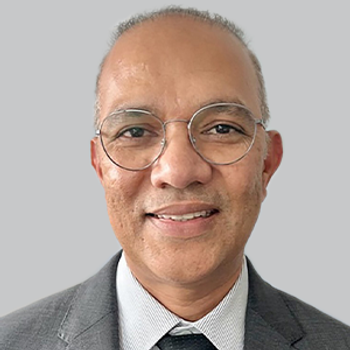
New data from the open-label extension of Harmony Biosciences’ Phase 3 ARGUS trial show that EPX-100 (clemizole) achieved a median 50% reduction in countable motor seizures in patients with Dravet Syndrome.

Capricor Therapeutics anticipates that detailed phase 3 data from the HOPE-3 study will be submitted for presentation at a future scientific meeting and for publication in a peer-reviewed journal.

Catch up on any of the neurology news headlines you may have missed in November 2025, compiled into 1 place by the NeurologyLive® team.

New findings reveal bexicaserin significantly reduces seizure frequency in patients with developmental and epileptic encephalopathies, supporting its advancement to phase 3 trials.